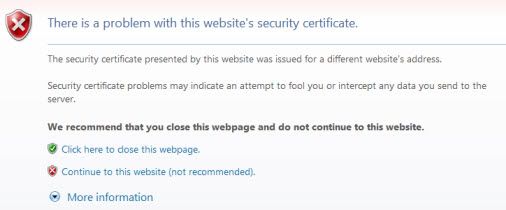Unfortunately, our proxy server (the system that authenticates you as an authorized user of the APU Libraries' databases) does not "play well" with secure websites (those that use "https://" in the URL).
Some of our databases (notably, ebrary and JSTOR) use https for their personal login pages. This does not affect your ability to search and view content in these databases, but it does affect your ability to create and save personal "folders" or "bookshelves" for later use.
There is a workaround that will allow you to create a bookshelf in ebrary or an account in JSTOR, but you must follow these exact steps:
- Use Internet Explorer as your browser. Other browsers (Firefox, Safari, Chrome) are not able to handle the proxy/https conflict.
- Click on either the ebrary or JSTOR links on the "All Databases" page, then enter your APU NetID and password. This will force you to go through APU's proxy.
- Once you're in ebrary or JSTOR, click the "Sign in" or "Login" link in the upper right corner of the page.
- You will see the following error message:

Click "Continue to this website (not recommended)." This is not a good idea for most websites, but we promise you won't get a virus from ebrary or JSTOR!
- Follow the instructions to create your own personal account in ebrary or JSTOR. If you see the security certificate warning again, click "Continue to this website."
- When you want to access your ebrary bookshelf or JSTOR account, be sure to follow steps 1-4 again. You must use Internet Explorer and access ebrary/JSTOR through the "All Databases" page.
We are sorry for the inconvenience associated with accessing ebrary and JSTOR accounts. We are working with our proxy server vendor to identify a solution.

